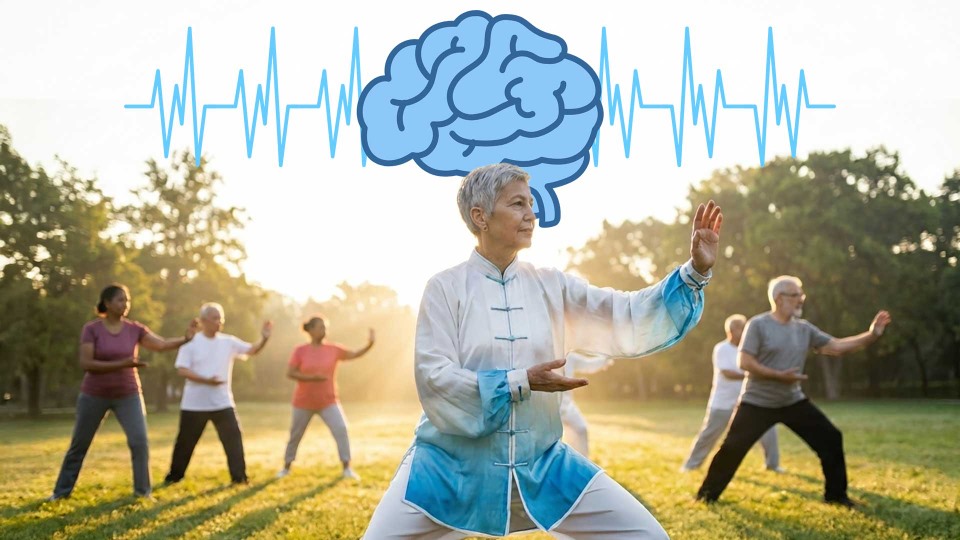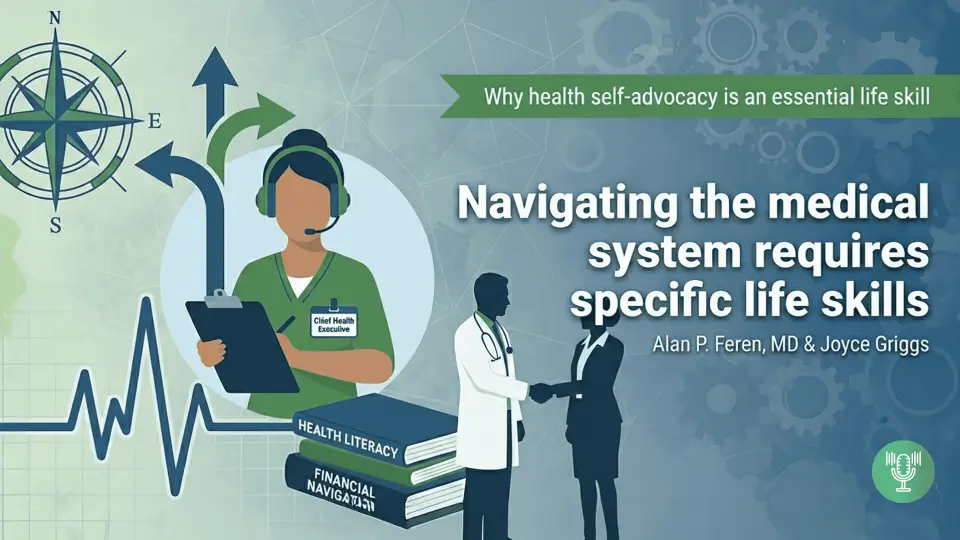This self-guided check-in will help you take stock of your emotional well-being — and learn how to make changes.
We know we should get a physical exam every year; we have annual reviews at work; some couples even do periodic relationship audits. And yet many of us don’t regularly check in with our emotional health — though it is arguably the most important contributor to overall well-being.
The New York Times talked to experts in clinical psychology, positive psychology, flourishing, thriving, resilience and burnout about what contributes to a sense of well-being and how to evaluate it. Then we came up with a series of questions adapted from these conversations, as well as from prompts in four common psychological assessments.
This self-guided exercise won’t give you a “wellness score” or ranking, and it shouldn’t be used as a diagnostic tool or a substitute for professional help. Instead, these types of questions are meant to get you thinking about different aspects of your life and mental health, and help you identify what’s working and where you might make adjustments, said Tyler VanderWeele, the director of the Human Flourishing Program at Harvard University.
While some aspects of well-being are out of our control, many are within it. And the first step toward improving something is to assess it.
Take some quiet time to contemplate the following questions, then read about how each one relates to well-being. You may want to grab a pen and paper to jot down your thoughts.
1. MOOD
- How would you describe your mood most days?
-
Is it generally positive, generally negative or a mix?
-
Do you tend to feel more positive or negative emotions throughout the day?
(Think joy, love or awe versus anger, sadness or anxiety.)
Why these questions matter?
To gauge how someone is doing, sometimes the simplest question — “How happy are you?” — is the best one, said Rong Su, an associate professor of management and entrepreneurship at Tippie College of Business at the University of Iowa. Dr. Su helped develop the Comprehensive Inventory of Thriving, one of the assessments these questions are based on.
If a person mostly feels happy or experiences positive emotions more often than negative ones, that’s a sign of greater overall well-being.
Of course, we all experience a range of emotions — that’s part of being human. “The message isn’t to get rid of all our negative emotions,” said Laurie Santos, a professor of psychology at Yale University and the host of The Happiness Lab podcast. “Our negative emotions are important signals.”
But if your mood generally leans more negative, there are ways to shift into a more positive state of mind. Martin Seligman, the director of the Positive Psychology Center at the University of Pennsylvania, recommends an easy ritual: Every evening for one week, write down three things that went well that day, and why. The goal is to train your attention away from the bad things in life, which many people ruminate about, and focus on the good things.
2. SELF TALK
- Is your inner monologue more self-critical or self-compassionate?
-
When trying something new, do you think you’re going to succeed, or are you sure you’re going to fail?
-
If you make a mistake, do you beat yourself up afterward, or do you give yourself the benefit of the doubt?
Why these questions matter?
“Our thought patterns really affect our emotions and our well-being a lot,” Dr. Santos said.
Lynn Bufka, a clinical psychologist and a spokeswoman for the American Psychological Association, added that if your inner monologue tells you, “‘You always screw things up. I can’t believe you did that,’ you’re never going to be in a position to then challenge that and have a more helpful, accurate sense of who you are and what you’re capable of.”
With some practice, you can change your inner dialogue. To do this, try talking to yourself as you would a friend. To boost your self-confidence, remind yourself of moments when you’ve succeeded. When you’re struggling or have made a mistake, acknowledge it, but be gentle with yourself. Research shows that self compassion is associated with greater well-being and lower levels of depression and anxiety.
3. PHYSICAL HEALTH
- How is your physical health, generally?
-
How often do you sleep for seven to nine hours a night?
-
How much physical activity do you do each week?
Why these questions matter?
Physical health and mental health are inextricably linked, and there’s extensive research on how sleep and exercise, in particular, affect our mood. “Those are the kinds of things that actually matter a lot for our happiness,” Dr. Santos said.
Not getting enough sleep for just a night or two can leave you feeling irritable and anxious. More extreme sleep deprivation can lead to feelings of depression, loneliness and isolation. The Centers for Disease Control and Prevention recommends that adults get at least seven hours a night, but it estimates that about a third of Americans regularly don’t achieve that.
As for exercise, studies consistently show that it can improve mood. Some research even suggests that it is as effective as medication in treating depression. The C.D.C. advises 150 minutes of moderate-intensity aerobic exercise, plus two days of strength training, each week.
4. RELATIONSHIPS
- Do you feel like you have strong relationships with family, friends, neighbors or co-workers?
-
How often do you see people socially every week?
-
Do you have someone you could call in an emergency?
Why these questions matter?
“There has been a ton of research that links the quantity and, more importantly, the quality of someone’s social relationships and social support” to well-being, Dr. Su said.
For example, the Harvard Study of Adult Development, one of the longest-running studies on human happiness, encompassing more than 1,300 people over a span of 86 years, found that social ties were the biggest predictor of a happy life.
Relationships are so important to our mental (and physical) health that last year, the United States surgeon general, Dr. Vivek H. Murthy, issued an advisory about the harms of loneliness and isolation.
The tips Dr. Murthy gave to help foster and strengthen relationships are simple but powerful: Make spending time with friends and family a priority; give people your full attention (put down your phone); and offer your time to your community, whether that’s by volunteering for an organization or helping a friend in need.






